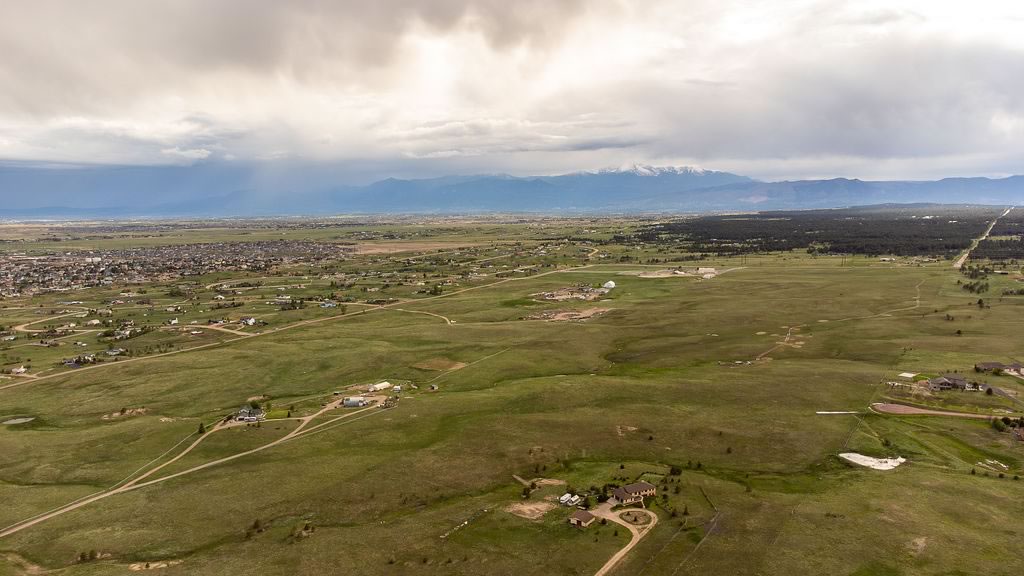Terry Stokka has lived in Black Forest for 29 years. He is president of the Friends of Black Forest, chairman of the Black Forest Land Use Committee and chairman of the Black Forest Water & Wells Committee.
We all know the delight of cool water on a warm day or the good feeling of a warm shower with clean, pure water. Such a wonderful gift is often taken for granted, and we forget that many in the world do not enjoy these simple pleasures. Around the world, thousands die each year from contaminated water but have no other options. When a missionary organization drills a well that brings clean water to a village, the whole village is transformed both in spirit and longevity.We seldom stop to think about our water because we are so accustomed to clean water and we trust where it comes from. Whether we are part of a central water system like the city or rely on our private wells, water quality doesnít become important unless an issue arises like PFAS chemicals in the Widefield water system. Suddenly, those folks realized how important pure water was to their everyday lives.Well tests happen mostly when someone buys a house. The El Paso County Health Department tests about 3,000 wells per year in the county and recommends testing our private wells every year, but I disagree. If you have questions of color, odor, staining of sinks or taste, a test is a good idea; but, unless things change, future tests seem to me to be a waste of money.Our underground aquifers are random layers of gravel, sand and sandstone with pockets of water in between. Your well was drilled through one or more of these pockets and that is where your water comes from. A deeper well goes through more pockets of water to ensure a more reliable source of water but it does not mean better water, just more water. Sometimes, a well penetrates an area that has iron deposits (brown stains), copper (green-blue stains) or sulfur (rotten egg smell). There is no pattern for these undesirable water additions. It just depends on where you live.If you want to test your well, go to the Citizenís Service Center on Garden of the Gods Road, up to the second floor at the Public Health Department, and you will find a window to the water testing office. You can purchase a variety of testing packages, but I recommend either the HUD/Real Estate package ($80 to test for nitrates, coliform, E. coli, lead and turbidity/clarity) or the General Colorado Package ($107 that adds tests for fluoride, arsenic, calcium, copper, iron, lead, hardness, magnesium, uranium and PH). You can get a Deluxe Colorado Package for $265 that tests for a whole bunch of things, but I think that is overkill. The public health department will give you a sample bottle to collect your water and bring it back to them.The most common tests are for coliform, E. coli and nitrates. E coli is found in less than 1% of the wells. It is a bacteria that is harmful and would need to be treated. Coliform is found in 3% of the wells and comes in about 20 different forms, most of them harmless and many that are part of our digestive system. Coliform is usually found on the faucet and is everywhere in the air as well. I tested my well and cleaned the faucet outlet carefully with bleach before getting a sample and still had coliform. I tested a neighborís well and didnít do anything to the faucet and there was no coliform. We have great water we have enjoyed for 30 years so we just decided to accept the coliform. The solution for E. coli or coliform is to pour chlorine down the well and then pump water for a few hours to disinfect it. This was required for our well when the pump was replaced, and we had chlorine taste in the water for weeks. I donít recommend it unless absolutely necessary or required and then only by a licensed well pump company. Nitrates are more common around agricultural land where they use fertilizers.One last recommendation. If your wellhead is in a place where runoff from rain flows around the wellhead, I recommend piling dirt and gravel around the wellhead, sloping it upward so water or rain runs down and away from the wellhead. This will keep the water from running underground along the well casing.




